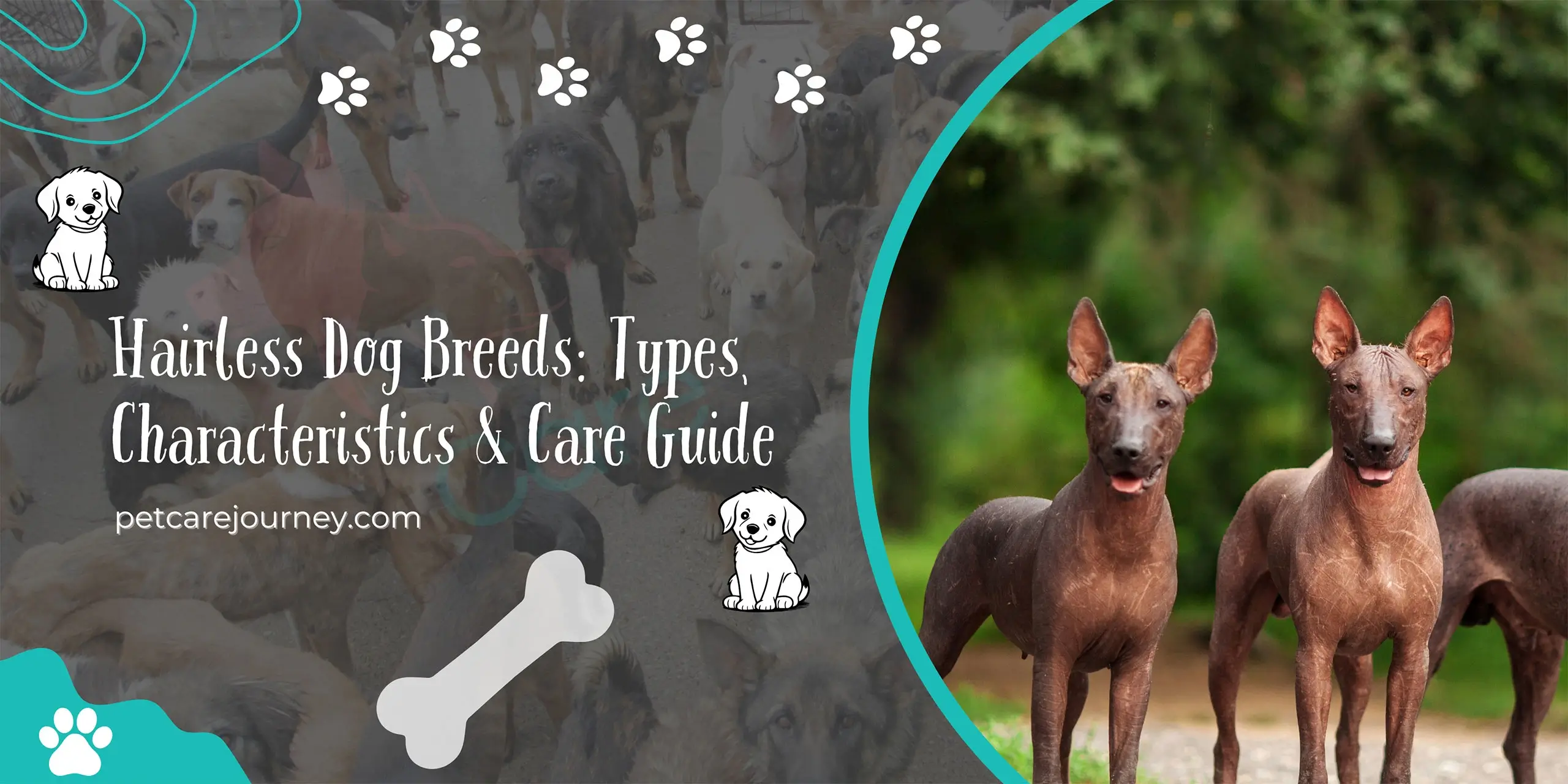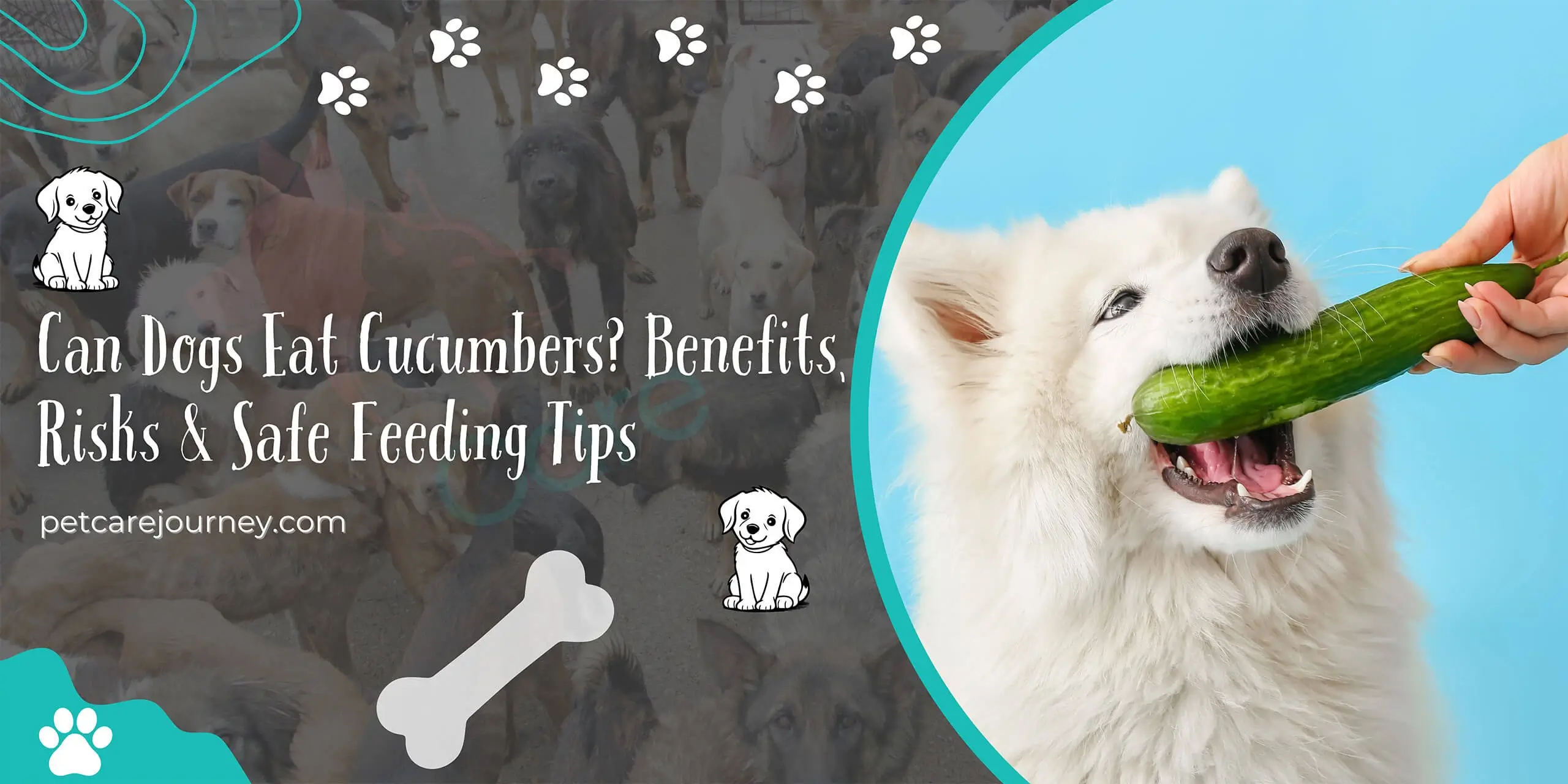Why Do Dogs Get Diarrhea?
- Indiscretion in Diet
The majority of dogs consume the most unpleasant items, such as trash, dirt, ruined food, and odd foreign objects, which might lead to a particular allergy. - Modifications to the Diet
A dog’s digestive tract may become irritated by rapid changes in food, which could result in softer movements. - The parasites
Giardia and intestinal parasites or worms may be the cause of diarrhea and other gastrointestinal disorders. - Infections
Other than a developing bacterial, viral, or occasionally fungal illness, they don’t exhibit any other warning indicators. If the dog is generally healthy, the only symptom that could appear is diarrhea. - Anxiety or Stress
Diarrhea was made probable by circumstances such as relocation, changes in noise levels, or any other departure from the usual routine. - Allergies and Sensitivity to Food
Certain additives to meals cause stomach distress in certain dogs. - Poisons or Toxins
Diarrhea and other symptoms are brought on by consuming dangerous natural elements, such as chemicals at home and certain plants. - States of Health
Due to the frequent episodes of diarrhea, it could be an ongoing illness like pancreatitis, inflammatory bowel disease (IBD), or a liver issue.
Symptoms Associated with Dog Diarrhea
| Symptom | What It Could Mean |
|---|---|
| Blood in Dog Stool | Minor irritation, parasites, or severe infections. |
| Mucus in Stool | Colon irritation or inflammation. |
| Yellow Bowel Movements | Gallbladder issues or dietary changes. |
| Vomiting | Stomach irritation or ingestion of harmful substances. |
| Lethargy | Dehydration or a more serious condition. |
Blood Stools in Dogs: Typical Daily Routine
Blood in the stool can indicate a variety of conditions, some more serious than others, but knowing the causes will help you make decisions:
Hematochezia, or bright red blood, is a reflection of lower digestive tract bleeding. Causes include colitis, worms, and feed consumption.
Compare the blood’s dark-tarry color to the upper intestinal wall.
- Cause: poisoning, bleeding from ulcers, and other severe risks.If there are blood traces in your dog’s feces but he appears to be acting normally, you should continue to watch him for any changes and get in touch with your veterinarian if the problem worsens or continues.
- Yellow Bowel Movements in Dogs: Yellow diarrhea typically signifies the presence of parasites or an issue with bile production and digestion. Among them are:
- Quick Feeding Change: Normal digestion time has been disturbed.
- Liver Issues: The flow of bile has been disrupted.
- Parasites: One common cause of yellow stools is Giardiasis.
My Dog Has Diarrhea But Is Acting Fine?
Risk of Dehydration: Compared to adult dogs, puppies lose fluids more quickly.
Parvo Concern: A puppy’s diarrhea that lasts longer than a day is a warning sign of the potentially fatal parvovirus.
Preventive Actions for Dog Diarrhea
Concerns:
- Monitoring Water Intake: Make sure your dog is drinking plenty of water to prevent dehydration.
- Modification of Diet : This entails giving them bland food, such as rice and boiled chicken, as a digestive vacation.
- Steer clear of rich treats and fatty foods: Steer clear of foods that are greasy, hot, or heavily seasoned.
- Reduce Exercise: Rest, and Recuperate.
- Observations of Behavior: Keep an eye out for symptoms like pain, sluggishness, and worsened clinical symptoms.
- Vet : If the condition worsens or persists for longer than 48 hours, get in touch with a veterinarian.
Home Remedies for Dog Diarrhea
| Remedy | Purpose | How to Use |
|---|---|---|
| Bland Diet | Restores digestive health. | Feed boiled chicken with white rice (no seasonings). |
| Pumpkin | Firms up loose stools. | Add 1-4 tablespoons of plain, canned pumpkin to meals. |
| Probiotics | Restores healthy gut bacteria. | Use dog-specific probiotics (consult your vet). |
| Electrolyte Solutions | Rehydrates and replenishes lost minerals. | Offer dog-safe electrolyte solutions or low-sodium broth. |
| Activated Charcoal | Absorbs toxins in mild poisoning cases. | Use under vet supervision. |
| Bone Broth | Gentle nourishment and hydration. | Serve plain, unsalted bone broth. |
When to Go to a Veterinarian Clinic
- diarrhea lasting longer than 48 hours.
- feces that contain blood or any mucous.
- symptoms of dehydration, including sluggishness, sunken eyes, and dry gums.
- diminished appetite or vomiting that comes on suddenly.
- Something poisonous has been consumed by your dog.
How to Avoid Diarrhea in Dogs with Proper Grooming Practices
- Give your dog wholesome, well-balanced food that is suitable for their breed, age, or size.
- A Safe Switch to New Food For seven to ten days, gradually combine new and old foods to prevent upset stomach.
- Medication for Deworming The doctor’s advice should be followed while administering dewormers and flea preventatives.
- Clean surroundings preventing the dog from consuming trash or spoiled food.
- Absence of Table Foods Dogs can suffer and occasionally become poisoned by eating a lot of human food.
- Handling Stress Reduce the amount of stress in the dog’s surroundings to lessen the likelihood that the dog will get diarrhea brought on by stress.
A Quick Look at Common Causes, Symptoms, and Remedies
| Cause | Symptoms | Home Remedies |
|---|---|---|
| Dietary Indiscretion | Mild diarrhea, occasional vomiting. | Bland diet, probiotics. |
| Food Allergies | Chronic diarrhea, itching. | Eliminate problematic foods. |
| Parasites | Blood/mucus in stool, weight loss. | Deworming medication. |
| Stress or Anxiety | Temporary diarrhea. | Create a calm environment. |
| Infections (Bacterial/Viral) | Persistent diarrhea, fever. | Consult a vet immediately. |
Conclusion
Frequently asked questions
What happens if my dog has diarrhea but doesn't become sick?
If your pet only poops once and acts normally the rest of the time, it’s usually not a big deal. Continue keeping an eye on your pet’s stool to see if it resolves on its own.
Can a dog with diarrhea be healthy?
Let’s say your dog experienced a bout of diarrhea but is generally behaving properly. It’s probably not something that would worry you. Watch your dog’s poop and hope it goes away. If your dog gets diarrhea more than a few times, it could be a sign that something is wrong and you should call the veterinarian.
Why is the dog not feeling ill after having diarrhea for five days?
Probiotics and anti-diarrheal medications can help rebalance the gut. Dietary adjustments could include a prescription nutrition plan for gastrointestinal disorders or a short-term restricted diet consisting of boiling chicken or other lean meat with rice.
What about the quickest way to treat dog diarrhea?
Miller states that “Mild cases of diarrhea in both cats and dogs may be treated at home with a bland diet such as boiled chicken or low-fat hamburger, and white rice.” Another alternative, he says, is cooked pasta. Due to their reduced digestibility, these foods provide your dog’s digestive system more time to relax.
When a dog has diarrhea, how long should a person stop feeding them?
When it comes to dogs who have diarrhea, feeding pauses are a fascinating subject. The first thing you should do if your dog should have diarrhea but you’re not seeing it happen is to give him no food for 12 hours. Give the dog some food, such as soft-cooked rice, if he appears normal after that and is likely to live.






